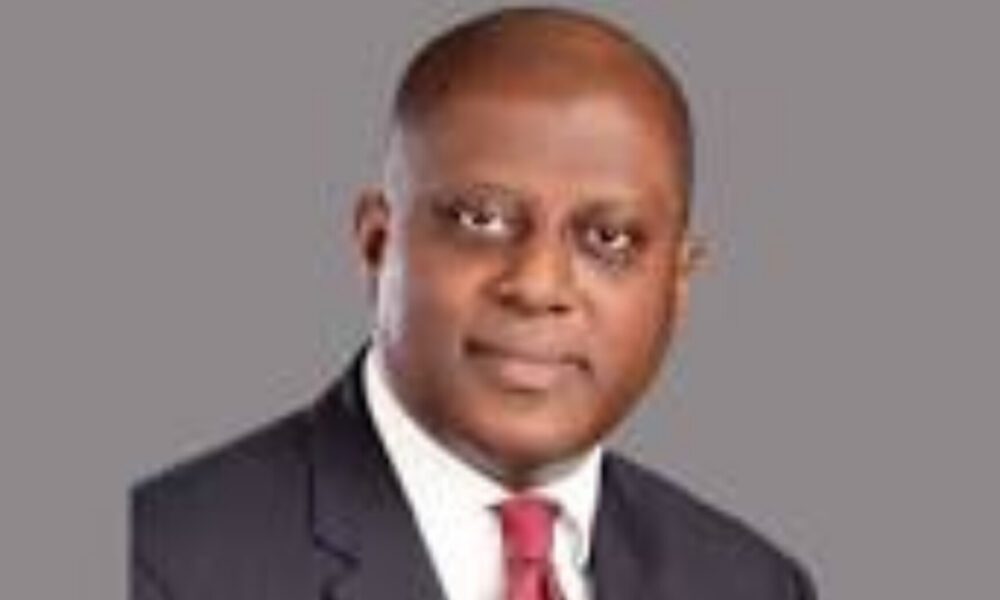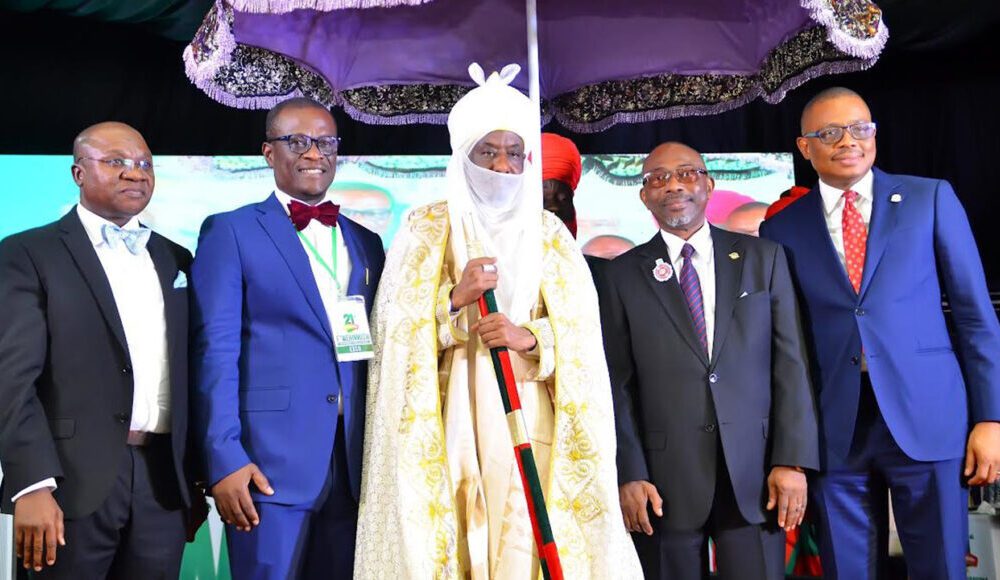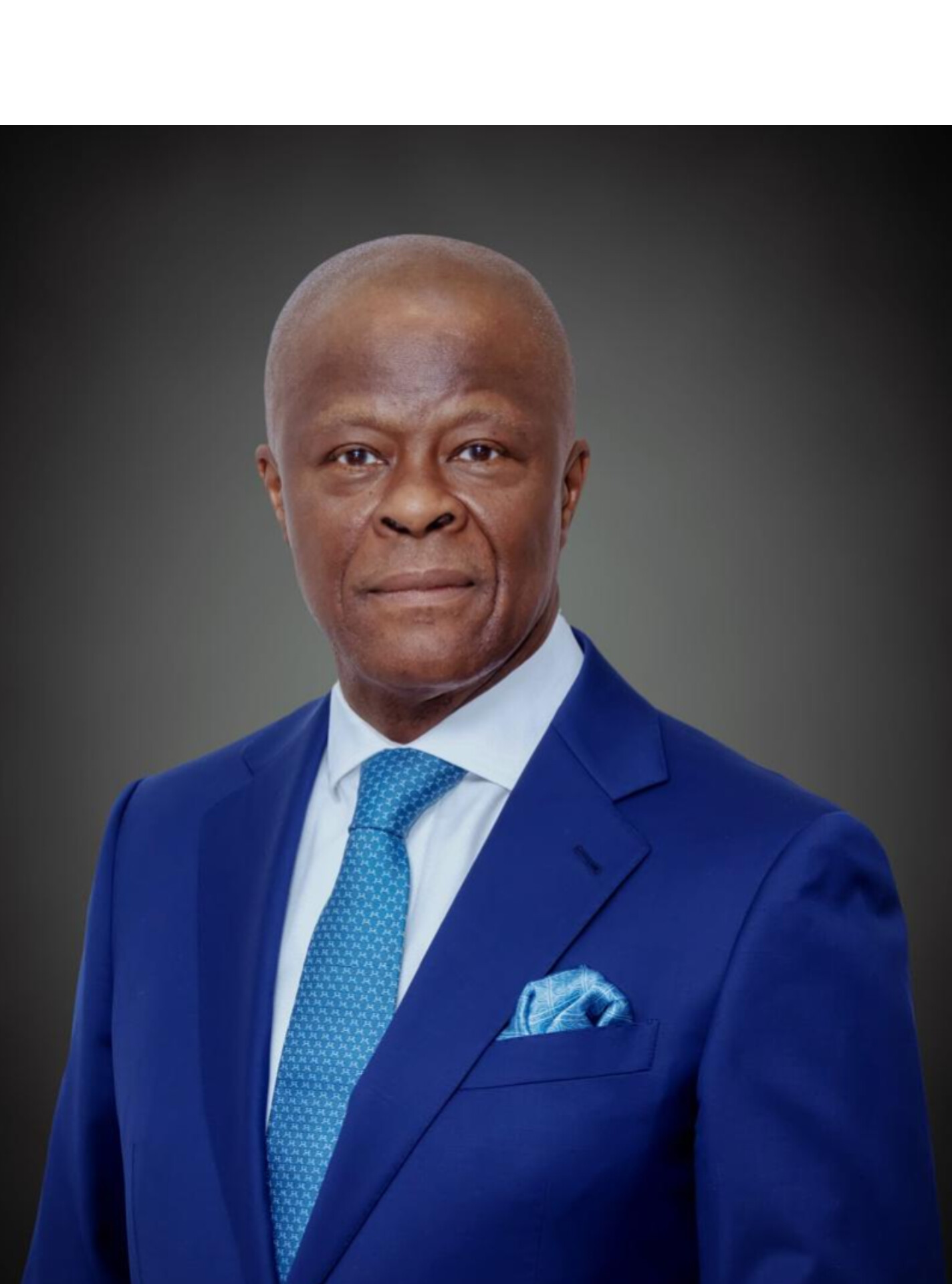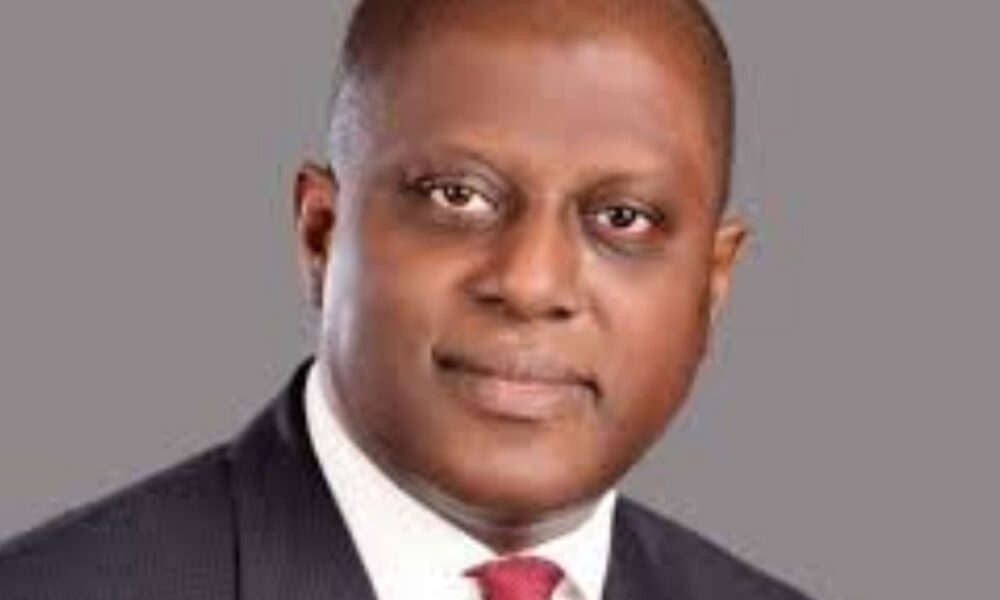***Assures Nigerians of Positive Economic Outlook in 2025
The Central Bank of Nigeria (CBN) has disclosed that the country’s external reserves, now standing at $42.01 billion, are sufficient to finance the importation of goods and services for over nine months.
In an optimistic outlook for the nation’s economy, the apex bank assured Nigerians of a better economic future in 2025.

The CBN Governor, Mr. Olayemi Cardoso made this statement during a performance index report presentation to the Senate Committee on Banking, Insurance, and Other Financial Institutions in Abuja on Wednesday.
The Governor disclosed that the nation’s external reserves had risen from $38.35 billion on September 30, 2024, to $42.01 billion as of December 12, 2024. He attributed the increase to receipts from crude oil-related taxes and third-party payments in Q3 2024.
“We maintained a current account surplus and saw remarkable improvements in our trade balance,” Mr. Cardoso said.
He highlighted that the country’s external reserves could now cover over 9.09 months of imports of goods and services, a period significantly higher than the international benchmark of 3.0 months.
This increase, he noted, provides a robust buffer against external economic shocks.
Addressing concerns over cash shortages, the CBN Governor reiterated the enforcement of a new policy imposing a N150 million fine on any bank branch found illegally distributing new Naira notes to currency hawkers and other unscrupulous actors.
Looking ahead to 2025, Mr. Cardoso expressed confidence in the country’s economic recovery, noting several positive trends. He pointed to the gradual stabilization of the forex market, the ongoing recapitalization of the banking sector, and growth in key sectors, particularly services, as indicators of a stable path forward.
At the end of the briefing, Senator Adetokunbo Abiru (APC-Lagos East), Chairman of the Senate Committee, expressed his approval of the presentation, though he humorously noted that a round of applause was not permitted in the Senate.




